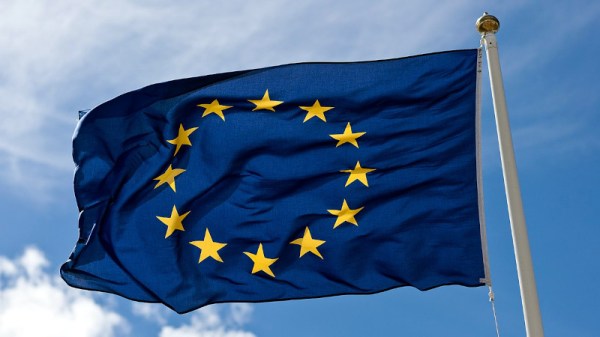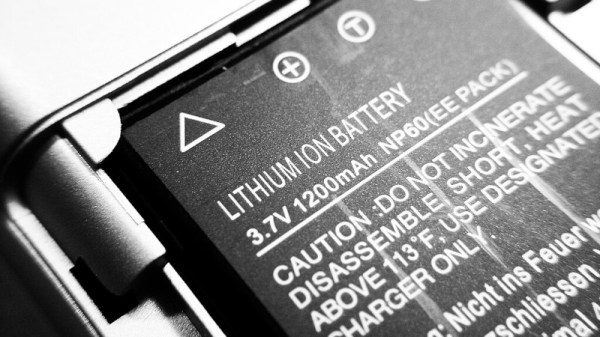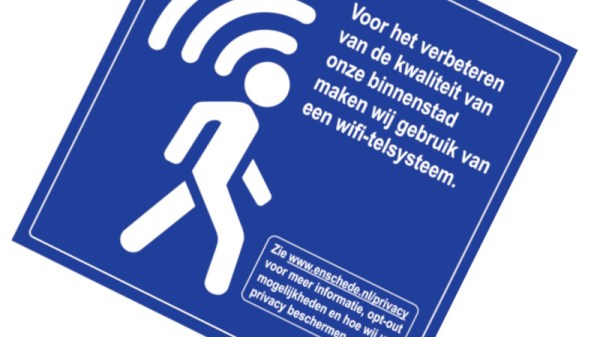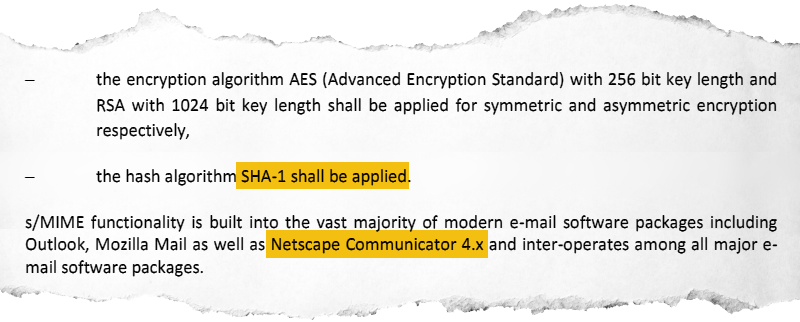The harmonisation of standards for electronic identification across the EU should normally be soporific enough to send even the most Club-Mate-hyped hacker straight to sleep, but as Computer Weekly reports, discussion of this reform in the EU corridors of power has caused significant unrest among cyber security experts. Just how can providing Europeans with a harmonised digital ID be so controversial? As you might imagine, the devil lies in the detail.
At issue is the eIDAS Regulation, a system which, in the words of its website: “ensures that people and businesses can use their own national electronic identification schemes (eIDs) to access public services available online in other EU countries,” and “creates a European internal market for trust services by ensuring that they will work across borders and have the same legal status as their traditional paper-based equivalents,” and the point of concern lies with its application to websites. The EU want to ensure that Europeans can digitally verify businesses as well as individuals they deal with, and since that includes websites, they want to insert a provision allowing countries to mandate their own trusted root certificates. At a stroke, this opens the potential for state actors to snoop on all encrypted online traffic, something which would compromise the security of all.
Sadly for Europeans, this isn’t the only questionable online regulation effort from that region.
Thanks [Joyce Ng] for the tip.


















